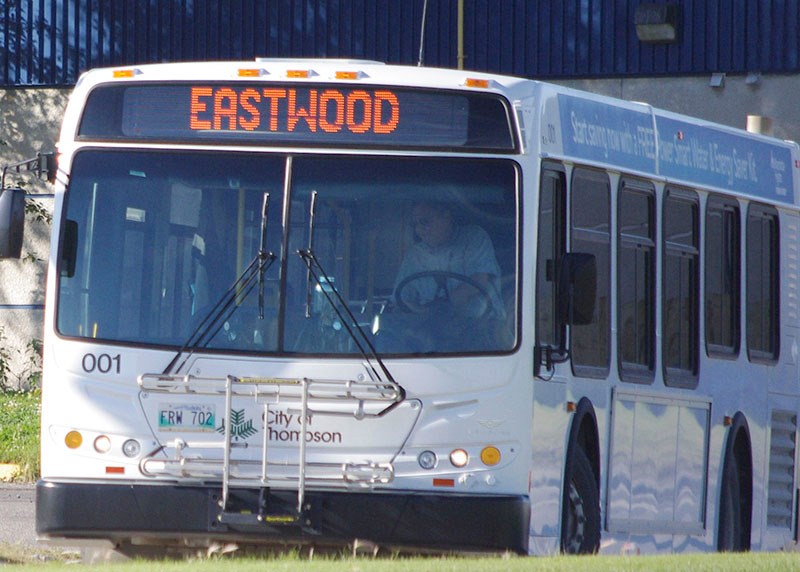The City of Thompson is facing a crisis in its public transit system. With a decrease in transit statistics and funds, the city terminated its contract with Maple Bus Lines, the company responsible for providing municipal transit services. The city is now left to find a solution to provide ongoing services for its residents. These solutions may include partnerships with private companies, new funding models, or the development of community-based transit systems.
According to City Manager Anthony McInnis, the decision to terminate the agreement was made after discussions with counsel. The city will be advertising for term bus drivers in the coming days to ensure that services continue at least until the end of summer. After that time, the council will review legal options and decide on the future of the city's transit services.
The relationship between the City of Thompson and Maple Bus Lines has been fraught with challenges from the beginning of the transit agreement. Ongoing issues required constant intervention from the city administration to address concerns. The situation has worsened in recent months, with services reduced to just one transit bus, and concerns with services increasing exponentially.
In the last few weeks, there have been multiple instances of no bus drivers available, with little to no notice to the city. On May 2nd, local employees of Maple Bus Lines informed the city that they had been laid off, without providing any notice. The administration received written notice late in the afternoon on May 2nd that Maple Bus Lines would not be able to provide local transit services.
On May 3rd, the City of Thompson administration, in consultation with legal counsel, formally terminated the agreement with Maple Bus Lines. The city is now faced with the challenge of providing transit services to its residents, and the administration has recommended directly hiring bus drivers on term employment contracts until a long-term solution is determined.
The crisis in the city's transit system has raised concerns among residents, who rely on public transit to get to work, school, and other destinations. One resident, who preferred to remain anonymous, said that the situation was "very frustrating" and that they were "worried about how we will get around."
The city administration has recommended conducting an analysis of service delivery models for the future provision of transit services in the City of Thompson. The analysis will look at various options, including partnering with a different transit company, developing a municipal transit system, or exploring other innovative solutions. The administration has emphasized that any solution must be financially sustainable and meet the needs of the city's residents.
The crisis in the City of Thompson's transit system highlights the challenges faced by smaller cities in providing essential services to their residents. In many cases, smaller cities lack the resources and expertise to provide these services themselves and must rely on outside companies or other forms of support.
The crisis also raises broader questions about the role of public transit in society and the challenges of providing these services in a financially sustainable way. Public transit is essential for many people to access education, work, and other opportunities, and it plays a critical role in reducing traffic congestion and greenhouse gas emissions.
In the case of the City of Thompson, the administration is committed to finding a solution that meets the needs of its residents and provides sustainable transit services for years to come. The analysis of service delivery models is just the first step in this process, and the city will need to work closely with residents, stakeholders, and transit experts to find the best solution.
With the right approach, the City of Thompson can overcome this crisis and provide essential transit services to its residents for years to come.
~Matthias J. Johnson is a Local Journalism Initiative reporter who works out of the Thompson Citizen. The Local Journalism Initiative is funded by the Government of Canada.




